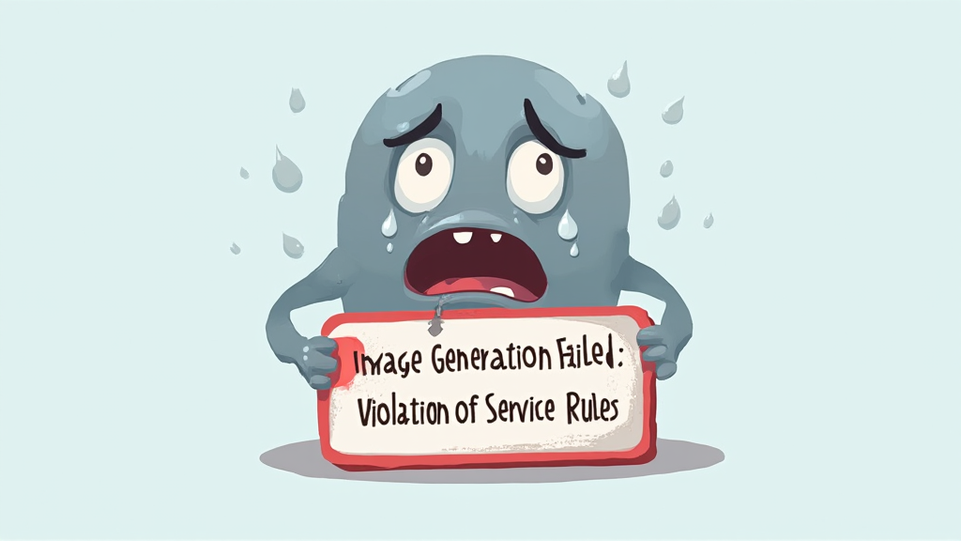Introduction to Inflation and Its Impact on Savings
Understanding Inflation: Causes and Effects
Inflation occurs when the general price level of goods and services rises, eroding purchasing power. This means that individuals can buy less with the same amount of money over time. Consequently, savings lose value, impacting financial security. He may find that his savings do not stretch as far as they once did. This is a critical concern for anyone planning for the future. Understanding inflation is essential for effective financial planning. It’s important to stay informed about economic trends.
The Current State of Inflation Globally
Currently, inflation rates are rising in many countries, driven by supply chain disruptions and increased demand. This situation creates uncertainty in financial markets. He may feel anxious about his savings’ future value. Central banks are responding with interest rate adjustments to stabilize economies. These measures can have mixed effects on growth. Understanding these dynamics is crucial for informsd decision-making. Knowledge is power in finance.
The Role of Cryptocurrency in an Inflationary Environment
How Cryptocurrencies Can Hedge Against Inflation
Cryptocurrencies offer a unique hedge against inflation due to their limited supply. This scarcity can help preserve value over time. He may consider diversifying his portfolio with digital assets. Unlike fiat currencies, many cryptocurrencies are not subject to government control. This independence can provide a sense of security. Understanding these benefits is essential for strategic investing. Knowledge empowers better financial choices.
Comparing Cryptocurrencies to Traditional Assets
Cryptocurrencies and traditional assets differ significantly in several key areas:
Understanding these differences is crucial for informed investment decisions. Knowledge is essential in finance.
Strategies for Protecting Your Savings
Diversification: Spreading Risk Across Assets
Diversification is a fundamental strategy for mitigating risk in investment portfolios. By allocating assets across various classes, he can reduce exposure to any single investment’s volatility. This approach enhances overall portfolio stability. It’s wise to include both traditional and alternative assets. Each asset class behaves differently under market conditions. Understanding correlations between assets is essential. Knowledge leads to better investment choices.
Investing in Stablecoins: A Safer Crypto Option
Investing in stablecoins offers a more secure alternative within the cryptocurrency market. These digital assets are typically pegged to fiat currencies, providing price stability. He may find this feature appealing for risk management. Key benefits include:
Understanding stablecoins is vital for informed investing. Knowledge is crucial in finance.
Utilizing Decentralized Finance (DeFi) for Savings
Understanding DeFi: Opportunities and Risks
Decentralized Finance (DeFi) presents unique opportunities for savings through innovative financial products. By utilizing smart contracts, he can earn interest on his assets without intermediaries. This can lead to higher returns compared to traditional savings accounts. However, risks such as smart contract vulnerabilities exist. He should conduct thorough explore before investing. Understanding these factors is essential for informed decisions.
Yield Farming and Staking: Earning Passive Income
Yield farming and staking are effective methods for generating passive income in DeFi. By locking up assets, he can earn rewards in the form of interest or additional tokens. This approach often yields higher returns than traditional investments. However, he should be aware of potential risks, such as market volatility and liquidity issues. Understanding these factors is crucial for successful investing. Knowlerge leads to better financial outcomes.
Long-Term vs. Short-Term Strategies
Assessing Your Financial Goals and Risk Tolerance
Assessing financial goals and risk tolerance is essential for effective investment strategies. He must determine whether he prefers long-term growth or short-term gains. Long-term strategies often involve less volatility and can yield substantial returns over time. Short-term strategies may offer quicker profits but come with higher risks. Understanding his risk appetite is crucial for making informed decisions. Knowledge is key in financial planning.
When to Hold and When to Sell: Timing the Market
Timing the market requires careful analysis of market conditions and personal investment goals. He should evaluate whether to hold assets for long-term appreciation or sell for immediate gains. Long-term investors often benefit from compounding returns. Short-term traders may capitalize on market fluctuations. Understanding market trends is essential for making informed decisions. Knowledge is crucial in investment strategies.
Staying Informed: The Importance of Market Research
Tools and Resources for Cryptocurrency Analysis
Utilizing tools and resources for cryptocurrency analysis is vital for informed decision-making. He should explore platforms that provide real-time data and market insights. Access to historical price charts can enhance understanding of trends. Additionally, following reputable news sources keeps him updated on market developments. Staying informed is essential for successful investing. Knowledge is power in the cryptocurrency space.
Following Market Trends and News Updates
Following market trends and news updates is crucial for effective investment strategies. He should regularly review financial news and analysis to understand market movements. This practice helps identify potential opportunities and risks. Additionally, engaging with online communities can provide valuable insights. Staying connected to market sentiment is essential for informed decisions. Knowledge is key in navigating financial markets.
Conclusion: Taking Action to Safeguard Your Savings
Creating a Personal Financial Plan
Creating a personal financial plan involves setting clear goals and assessing current financial health. He should outline income, expenses, and savings targets. This structured approach helps identify areas for improvement. Regularly reviewing and adjusting the plan is essential for staying on track. Knowledge is vital for effective financial management. A solid plan leads to better financial security.
Embracing Change: Adapting to the Evolving Financial Landscape
Embracing change is essential in today’s dynamic financial landscape. He must stay informed about emerging trends and technologies. Adapting strategies can enhance his financial resilience. Regularly updating his knowledge is crucial for effective decision-making. This proactive approach can lead to better investment outcomes. Knowledge is power in navigating financial changes. Staying flexible is key to long-term success.
